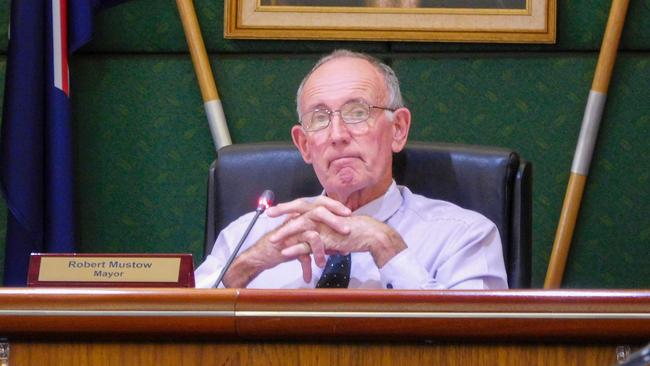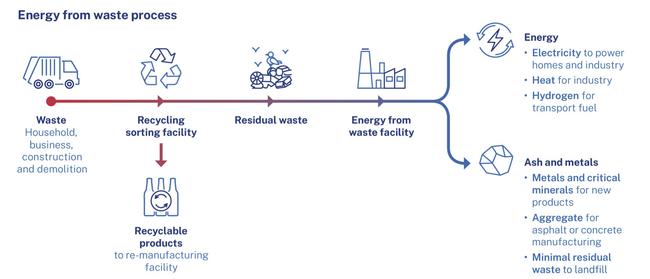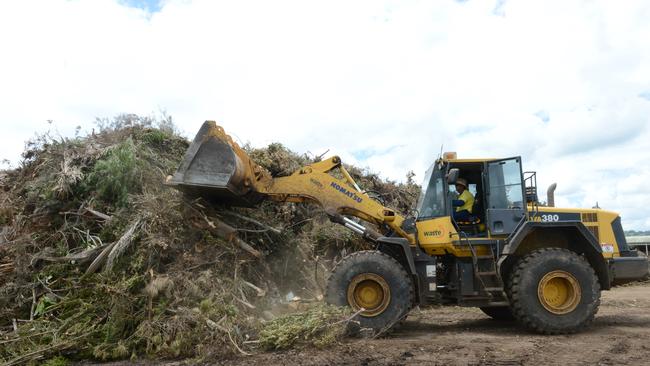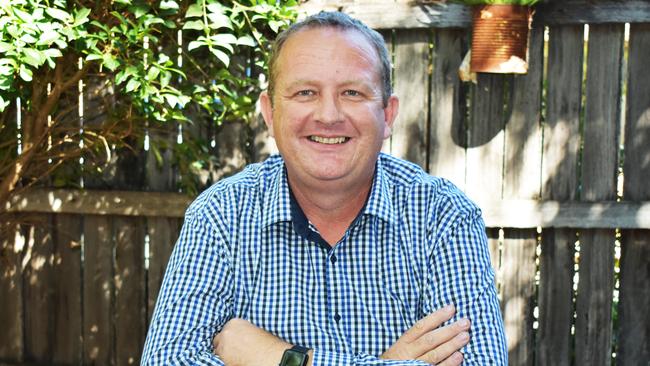Waste incinerator pegged for new Casino Jobs Precinct
A mega oven that can turn garbage into steam to generate electricity is on the radar for the NSW North Coast - and it has some residents jumpy about climate change. Read what it means for Casino.

Lismore
Don't miss out on the headlines from Lismore. Followed categories will be added to My News.
A new super-furnace near Casino could be the answer to the North Coast’s waste problems, according to North Coast councils and government reports.
Richmond Valley Council discussed options for the growing issue of waste management on the North Coast at Tuesday night’s (October 18) ordinary meeting.
Local and regional landfills are approaching capacity and councils face increasing environmental challenges and rising costs in managing these facilities.
A NSW state government strategy to combat waste and integrate the management of it into a ‘circular economy’ has given rise to recommendations that thermal treatment of waste will form part of the solution for managing residual waste.
The system uses thermal technology to convert residual waste - that would otherwise go to landfill - into steam which in turn can drive turbines to generate electricity.

Either extra landfill capacity or a medium scale energy-from-waste facility would be needed to manage waste from the North Coast, according to the NSW government’s Waste Strategy.
Richmond Valley Council general manager Vaughan Macdonald said around 40 per cent of North Coast councils’ waste is sent to landfill, despite having recycling and composting services in place for some time.
“A lot of this waste is transported to Queensland,” Mr Macdonald said.
Over the next 20 years, waste volumes in NSW are forecast to grow from 21 million tonnes in 2021 to nearly 37 million tonnes by 2041, a government report revealed.
In some regional areas, such as Coffs Harbour and Port Macquarie, landfill capacity is likely to be reached by 2030.
As part of the strategy to tackle waste on the North Coast, an expression of interest to industry spearheaded by Richmond Valley Council yielded 16 responses - covering options for residual waste, recyclate and food organic/green organic streams.

Other options for waste management
A wide range of options and technologies was addressed, including various forms of thermal treatment, energy-from-waste, in-vessel composting, anaerobic digestion and material recovery facilities.
Proponents ranged from local technology developers and investors to Australian recycling leaders and international waste management businesses.
North Coast councils, including Ballina, Byron, Clarence Valley, Coffs Harbour, Kempsey, Kyogle, Lismore, Tweed and Richmond Valley, will seek to negotiate a long-term waste processing contract with industry, with the successful proponent responsible for the operation and maintenance of an appropriate facility.

Richmond Valley Regional Jobs Precinct
The NSW state government is also investigating the establishment and operation of energy-from-waste infrastructure in areas of NSW that best address long term waste management needs.
Four locations have been earmarked as Energy-from-Waste Priority Infrastructure Areas;
1. West Lithgow Precinct
2. Parkes Special Activation Precinct
3. Richmond Valley Regional Jobs Precinct; and
4. Southern Goulburn Mulwaree Precinct.
Mr Macdonald said Casino meets the criteria, which is why the NSW government has also selected the town as the centre of the Richmond Valley Regional Jobs Precinct.
“The Jobs Precinct was announced in February 2021 and it has always been clearly communicated that this precinct will create jobs in the agricultural, manufacturing and renewable energy sectors,” he said.
“The Regional Jobs Precinct Masterplan is being finalised by the NSW government and will be placed on public exhibition once completed.”

Opposition to a waste incinerator
Jill Lyons and Liz Stops addressed Tuesday’s council meeting where they voiced concerns over an energy-from-waste facility at Casino, stating they want more community consultation.
The women raised points about toxic ash and wanted to know if the tonnage created from an energy-from-waste incinerator would be equally shared across all North Coast councils.
General manager Vaughan Macdonald said should a proposal be received, the management of any bi-products of any type of facility would need to be addressed through development consent conditions.
“For a large scale facility these would be determined under state significant development provisions in line with the state provisions,” he said.
Mr Macdonald said any contract that council might offer to manage waste would also have the community’s best interest at its heart.
“Councils pursuing alternate waste treatment solutions is what the government has encouraged and energy-from-waste facilities are a solution in the government’s circular economy,” he said.
Ms Stops said it appeared that only two options for managing waste were on the table: a waste-to-energy incinerator or landfill of untreated waste.
“The argument presented was that untreated waste was more detrimental to the environment than waste-to-energy processes,” she said.
Ms Stops cited further reports on incineration and gas emissions to support her argument that the use of incineration was incompatible with the goal of local nett-zero climate change targets.
When Ms Stops pressed council about emissions and details on the alternate waste solutions submitted to Richmond Valley Council, general manager Mr Macdonald said they were ‘commercial in confidence’ and he could not comment.

Richmond Valley councillor Patrick Deegan moved that council continue to involve the community as the project moves through the process.
Mr Deegan said it’s important to find alternate solutions to landfill yet was unsupportive of further investigation into thermal waste-for-energy when reports have shown it to be unsafe in high density city areas and unknown for rural areas.
Richmond Valley mayor Robert Mustow said there is a world wide waste problem with some countries overwhelmed by it.
“They’ll never get rid of it but we have a chance of getting on top of it,” he told chambers.
He said new laws would prevent waste from going into composting or recycling.
“That concerns me,” Mr Mustow said, “because this is a topical issue and with the election coming up some people will use this as a means to mislead the public.”




